
By SHIVALI BEST FOR MAILONLINE
From regularly looking in the mirror to constantly craving attention, there are several key signs that someone might be a narcissist.
But if you really want to know the truth, you should look at their driving habits.
The team at Scrap Car Comparison asked 2,000 motorists to take a narcissim test - and the results were eye-opening.
From the results, the researchers were able to calculate an average narcissism score for different groups of drivers, categorised by vehicle brand, fuel type, location and customisation of the car you drive.
According to their analysis, BMW drivers show the most narcissistic tendencies.
Meanwhile, people who opted for personalised licence plates were also more likely to score highly for narcissism.
'Driving is always something that should be approached with a level head, in a calm and logical manner, without egos coming into play,' said Matt Clamp, Customer Service Manager at Scrap Car Comparison.
'No-one is better than anyone else on the road and thinking otherwise could result in poor decision making which puts both the driver and others in danger.'
From regularly looking in the mirror to constantly craving attention, there are several key signs that someone might be a narcissist. But if you really want to know the truth, you should look at their driving habits (stock image)
People who opted for personalised licence plates were also more likely to score highly for narcissism (stock image)
For the survey, the team asked 2,000 drivers about their nearest, city, the brand of car they drive, the fuel type, and whether or not they owned a personalised number plate.
Each driver also completed a narcissism test, which scored them out of 40.
The results revealed that BMW drivers scored most highly, with an average narcissism score of 14.4.
Mercedes and Honda drivers followed closely behind with average scores of 12.3 and 12, repectively.
In contrast, Volvo drivers scored the lowest (7.1), followed by Skoda drivers (7.44) and Renault drivers (7.6).
'With the test being scored out of a possible 40, drivers of all brands scored less than 50%, meaning that there’s ultimately no "high-risk" brand when compared to another,' Mr Clamp said.
When it came to fuel types, electric vehicle drivers scored the most highly (14.2), followed by petrol (10.2) and hybrid (10.2) drivers.
With an average score of 9.8, diesel drivers were the least likely to be narcissists.
Drivers who owned a personalised licence plate scored 15.2 on average, compared to 8.9 for those who didn't own one
Breaking the results down by region, London came in first place as the city with the most narcissistic drivers (12.1).
This was followed by Edinburgh (11.3), Birmingham (10.8), and Leeds (10.8).

At the other end of the scale, drivers in Plymouth were the least narcissitic (8.2), followed by drivers in Liverpool (8.6), and Cardiff (8.6).
Finally, the research uncovered a link between having a personalised licence plate and narcissism.
Drivers who owned a personalised licence plate scored 15.2 on average, compared to 8.9 for those who didn't own one.
'When on the road, everyone should be treated as an equal, and we should avoid making emotionally driven decisions that can create risky situations,' Mr Clamp added.
People who doubt the moon landings are more likely to be selfish and attention-seeking, according to a 2015 study.
Over the course of three online-based studies, researchers at the University of Kent showed strong links between the belief in conspiracy theories and negative psychological traits.
Writing in the journal Social Psychological and Personality Science, the team explained: 'Previous research linked the endorsement of conspiracy theories to low self-esteem.'
In the first study, a total of 202 participants completed questionnaires on conspiracy beliefs, asking how strongly they agreed with specific statements, such as whether governments carried out acts of terrorism on their own soil.
Alongside this, they were asked to complete a narcissist scale and a self-esteem assessment.
The results showed that those people who rated highly on the narcissism scale and who had low self-esteem were more likely to be conspiracy believers.





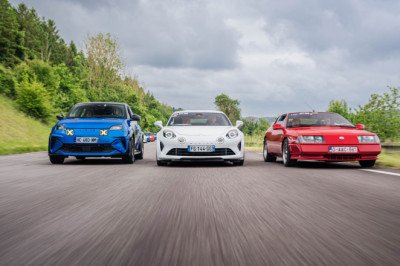


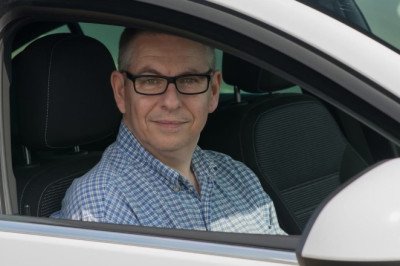
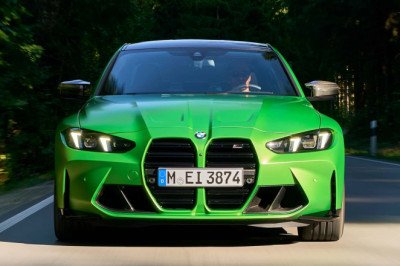

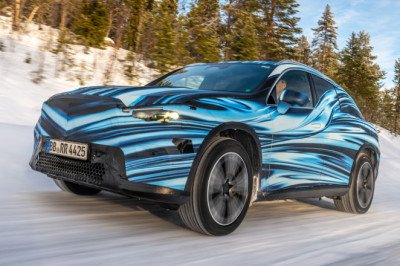
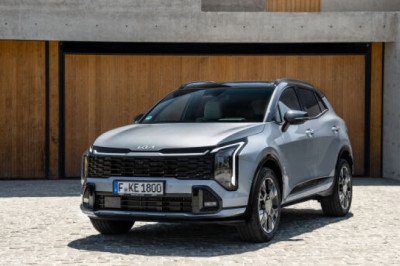
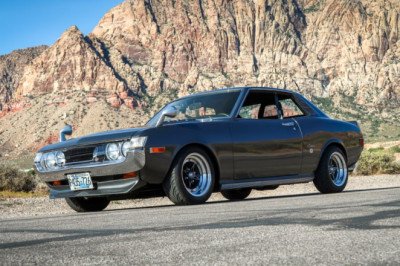
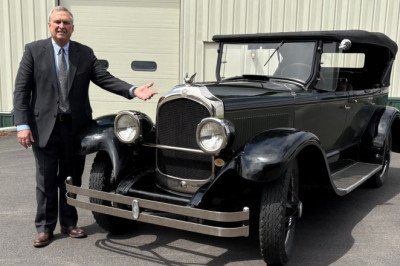
Facebook Conversations